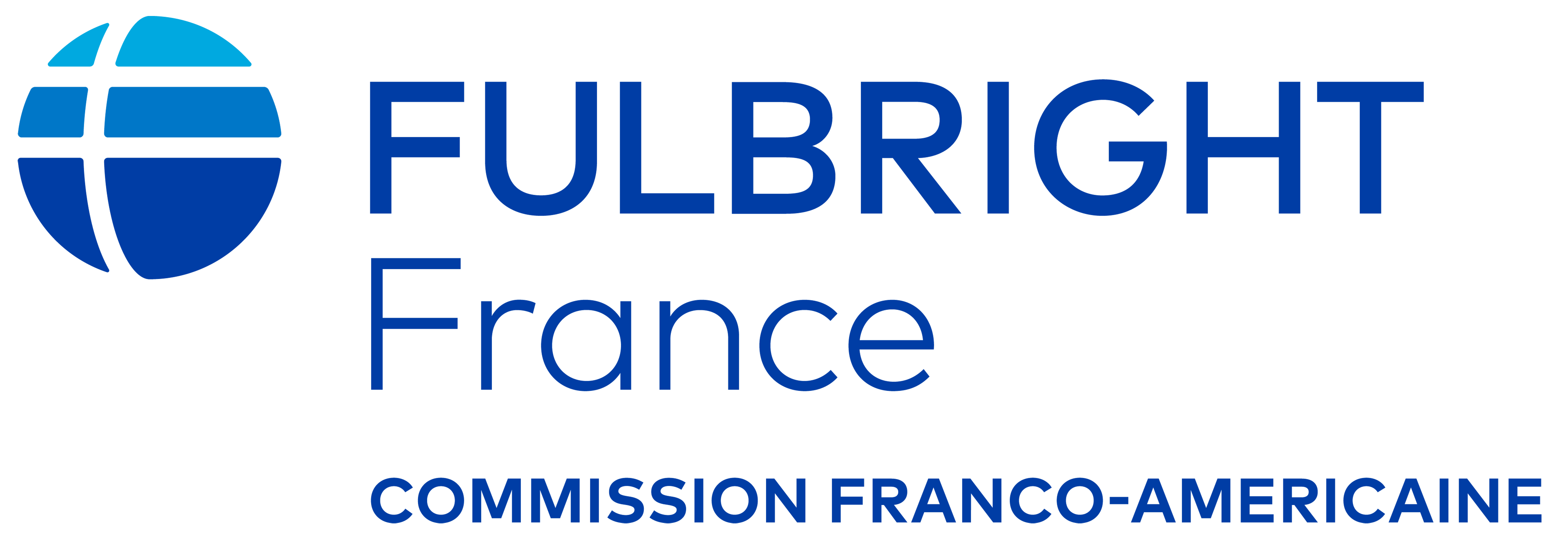
Please summarize your Fulbright project:
My Fulbright project explored the conflicts over hierarchies of race, class, and gender that took place at two Parisian zoos – the Jardin des Plantes and the Jardin d’acclimatation – during the late nineteenth century. Nineteenth-century zoological gardens imposed categories that organized the natural world and implicitly celebrated the “civilized” world that governed visitors. Yet the two Paris zoos suggest that these boundaries could be blurred and transgressed. The zoos sought to impose order on nature through categorization, but their efforts often met with resistance. My research analyzes how scientific taxonomies of species and race were challenged and reimagined by those whom historians have not typically considered active agents in the process: visitors, zookeepers, animal rights activists, the people put on display in the Jardin d’acclimatation’s “ethnographic exhibitions,” and even the animals themselves. At zoo exhibits, actors on both sides of the bars constructed alternate ways of thinking about humans, animals, and categories of difference that would have broader implications for science and imperialism in Third Republic France.
How do you think you contributed to reinforcing Franco-American ties? to mutual understanding between the United States and France?
During my time in Paris, I joined Les Sportif.ve.s, a co-ed soccer league dedicated to fostering gender parity in sport. A few months before I arrived in France, France had hosted the FIFA Women’s World Cup, generating a new national wave of interest in women’s soccer. The United States won the tournament, cementing its status as a women’s soccer powerhouse. (At my first Les Sportif.ve.s practice, one of my male teammates wore an Alex Morgan jersey!) My Les Sportif.ve.s teammates were interested in women’s and co-ed sports culture in the U.S., and we had a number of conversations about Title IX, school-based sports programs in the U.S., and the development of women’s sports in France. The league’s organizers were welcoming and inclusive, and through Les Sportif.ve.s, I befriended both French and international players while learning more about the gender politics of sports in France. It was a wonderful way to meet French friends outside of the academic context, stay active, and learn a whole new soccer-related French vocabulary.

If you had to pick one moment or day from your stay in France, what would it be and why?
In September and October, while the weather was still mild, the Paris Fulbrighters met several times for evening picnics alongside the Seine. I hadn’t anticipated how close-knit the Fulbright community would be, and I’m very grateful to have shared the year-long experience in France with such a bright, kind, and interesting group of people. We navigated a historic grève and a pandemic together, so we will be friends for life.
What message do you have for potential candidates?
I encourage potential candidates, particularly other doctoral students, to take advantage of Fulbright’s appreciation for the non-academic aspects of the experience. Your research activity is important, but so is your immersion in other kinds of communities during your time in France. As you prepare your application, think about how you can make your time outside of work as meaningful as possible. In doing so, you will be furthering the Fulbright mission and enhancing your own cross-cultural experience.
Bio:
Thera Naiman is a PhD candidate in History at Johns Hopkins University. During her Fulbright year, she was affiliated with the Centre Alexandre-Koyré, a history of science research center connected to CNRS, EHESS, and the Muséum national d’histoire naturelle.
